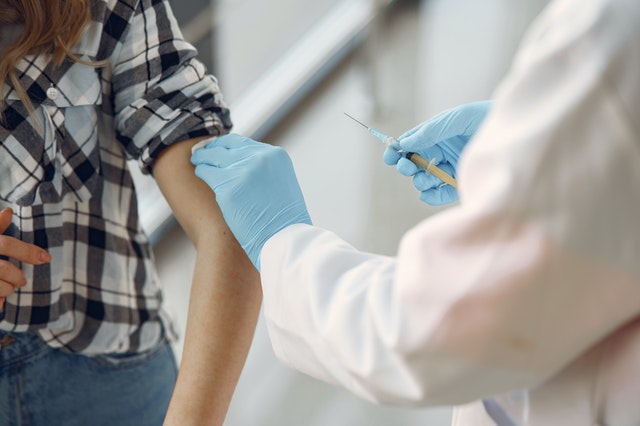
In the House of Commons yesterday afternoon, Sarah Atherton (Conservative MP for Wrexham) expressed her hope that the success of the UK's COVID-19 vaccination programme would encourage the country's youth to "aspire to careers in STEM and healthcare".
Many countries, including the UK, have been suffering from a shortage of skilled STEM workers in recent years. A possible explanation for this shortfall is that STEM industries aren't doing enough to appeal to children - meaning that, by the time those children are old enough to join Britain's workforce, they have already set their sights on careers in other sectors.
But could the extraordinary times in which we're living help to turn the tide? Vaccines and the hope they offer in the fight against COVID-19 have been dominating the national conversation for several months now, and all the media coverage that's been dedicated to this subject will undoubtedly have made an impression on young people as well as adults.
[more]
"A really good opportunity for people to see science in action"
Speaking to BBC's Newsround programme, Professor Sarah Gilbert - a vaccinologist who played a key role in the development of the Oxford/AstraZeneca vaccine - said: "I think [the vaccine rollout is] a really good opportunity for people to see science in action, and also lots of different kinds of science, because we have a very big and diverse team. Some people have medical qualifications; we have nurses and doctors working with us, as well as the scientists."
We at HRS have long held the view that the best way to make people want to get involved in science is simply to show them the enormous changes it can make to people's lives. Prof. Gilbert herself is an example of this; "I always wanted to use science to have an impact on human health," she told Newsround's Ricky Boleto. "I wanted to be able to use my scientific knowledge to do something, to make something that was going to help with people's health. And that's what vaccines do."
The past twelve months have been miserable, lonely and frightening. The COVID-19 pandemic is unlike any other crisis we've encountered in our lifetimes, and we will likely be dealing with its consequences for years to come. But if you're looking for a silver lining, this may be it: the vaccines are beginning to work, cases are steadily going down, and our children are witnessing science prevail against this deadly disease in real time. It's very possible that, in twenty years or so, a new generation of scientists will be telling the story of how humanity's victory over COVID-19 inspired them to pursue a career in the STEM fields.
About HRS Browse Science Jobs
Photo from Pexels
